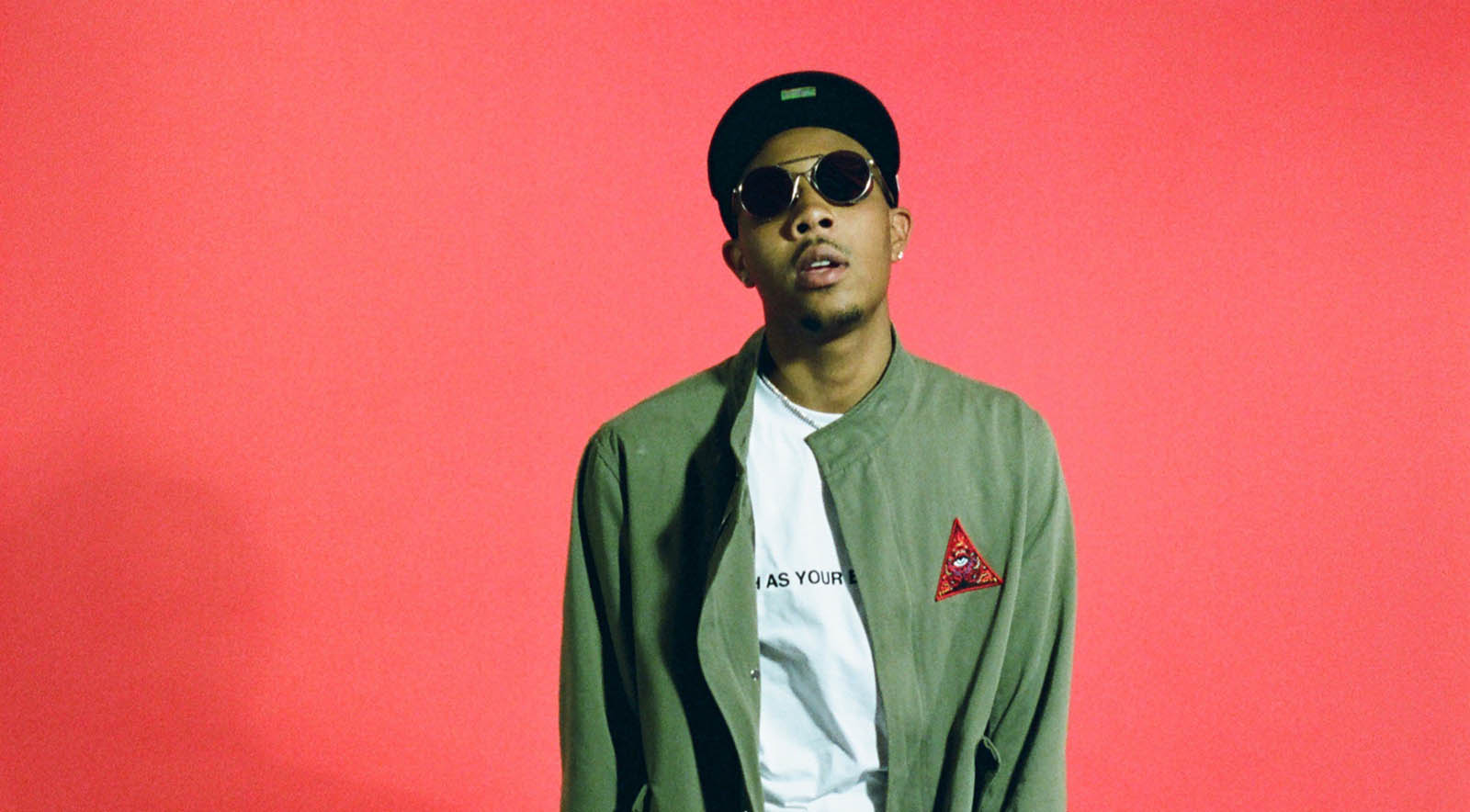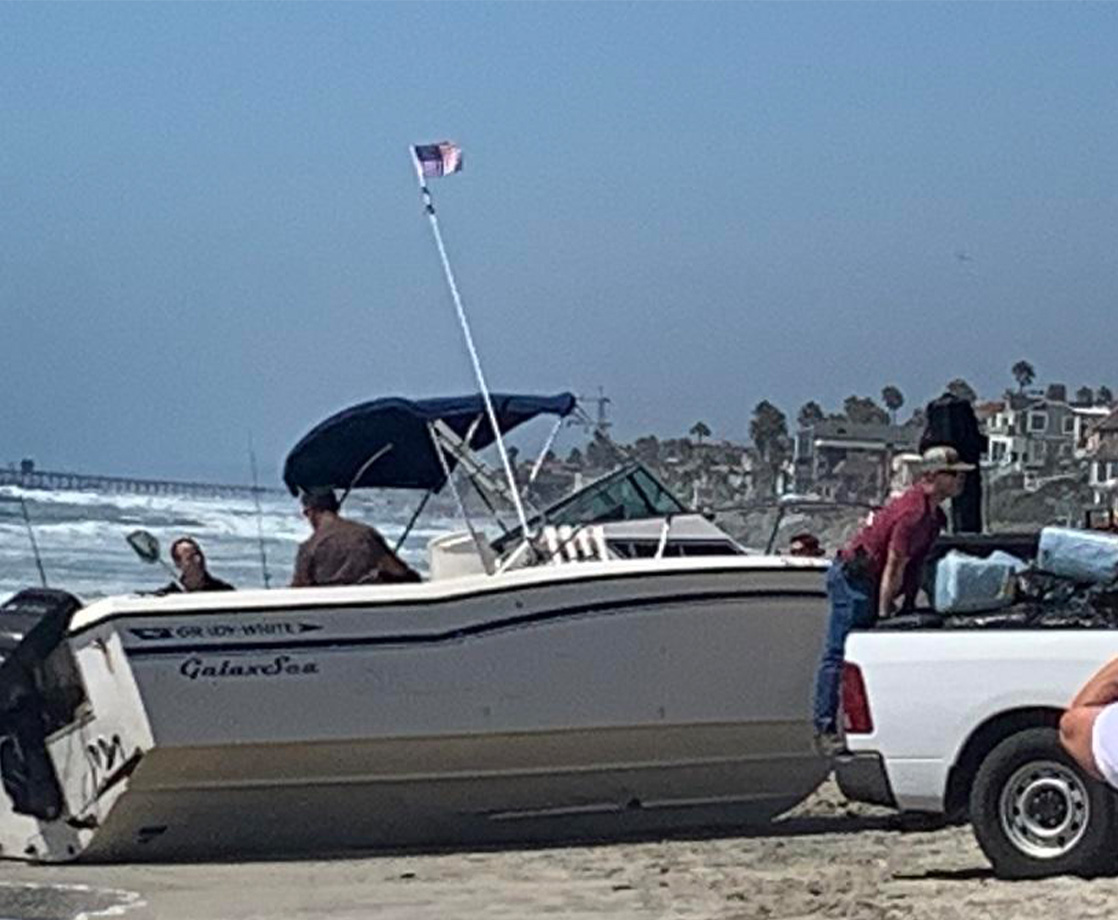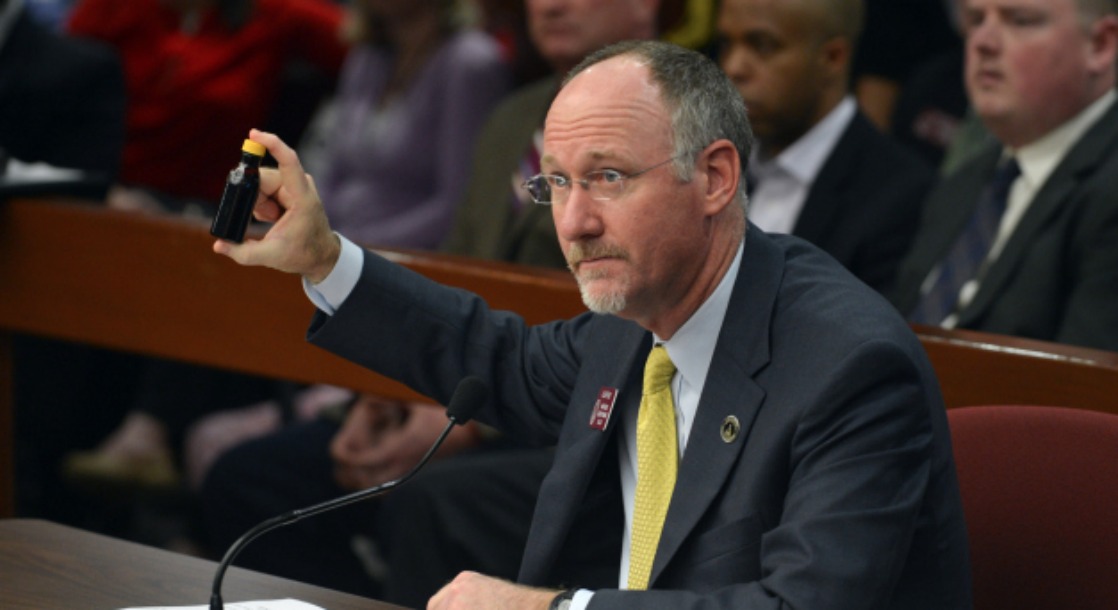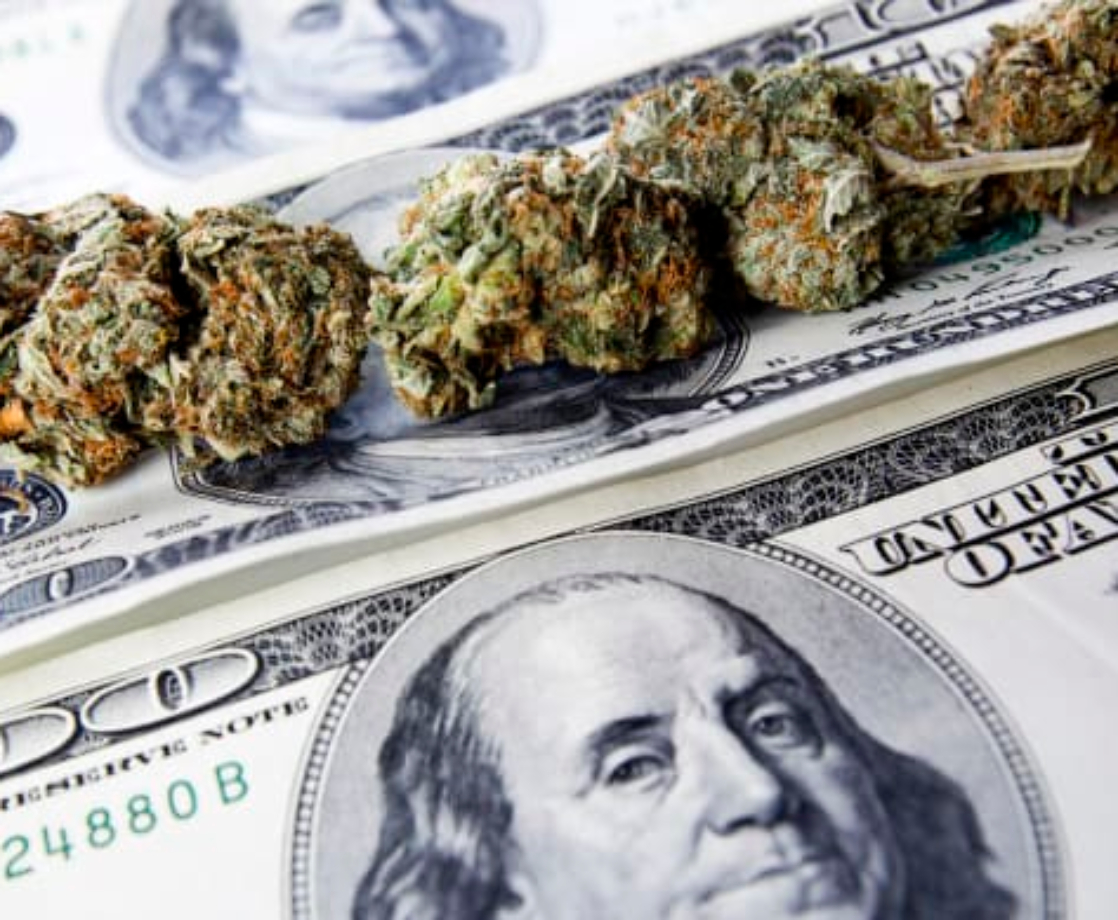With last month’s Humble Beast, G Herbo has one of the year’s best rap albums. Technically, it’s the artist formerly known as Lil Herb’s debut album, but with several show-stopping mixtapes already under his belt, you’d never know it. The album sounds like the work of a much older artist, but Herbo’s grown up fast.
2014’s Welcome To Fazoland introduced the 18-year-old as one of Chicago’s most unique talents, emerging from the “drill” scene but almost immediately transcending the label. Since the start, his intent has been to document his upbringing in the violent but often misunderstood South Side of Chicago, always bringing unflinching realness to every bar. His tracks fluctuate from punishing modernity to warm throwbacks, the beats recalling drill architect Young Chop at one moment and Roc-A-Fella era Kanye West at the next.
All of these aspects that made Herbo thrilling from the start culminate on Humble Beast, which he calls a “blueprint” to those young Chicagoans that now look up to him. The tracks range from bleak (“Red Snow”) to celebratory (“Everything”) to almost hopeful (“No Way Out”), painting the full scope of Herbo’s youth in vivid detail, and with more wisdom and perspective than he displayed when he was just getting started. Still only 21, Herbo’s got an enviable discography and years ahead of him to further improve his skills.
The Humble Beast himself has gifted MERRY JANE a guest playlist, which you can listen to below. We also caught up with him over the phone to discuss Humble Beast, Chicago, and his love for chipmunk soul. Read the interview below.
MERRY JANE: What is your most memorable smoking experience?
G HERBO: Probably my first time smoking. Man, I got so high I thought I was gonna overdose, even though you can't even overdose on weed. I was young as fuck. I was with my brothers, and we probably smoked like ten blunts.
If you were a boxer, what song would you come out to?
Probably one of my songs, "4 Minutes in Hell Pt. 3."
If you were going to go out guns blazing, what song would you choose to do it to?
"2 of Amerikaz Most Wanted," Snoop Dogg and 2Pac. That one's on my playlist.
Who is your guilty pleasure artist?
Probably someone else on my playlist, Mariah Carey. She's got some of my favorite songs, but people probably wouldn't guess that.
What song most reminds you of your childhood?
"Back in the Day" by Ahmad.
Which song that you've released means the most to you?
Probably one that got leaked, one that I made about my grandmother, called "Rain."
Who has been your favorite artist to work with? What is your dream collaboration?
Either Bibby— that's my brother and our bond is like no other— or [Lil] Uzi [Vert], I love working with him. That's my homie. My dream collab would be with Hov [Jay-Z], of course, or Nas.
What do you think is the biggest change on Humble Beast in comparison to your past projects?
It's growth. The leadership and growth that I'm showing on the album is on another level. It's still true to who I am, but the picture that I'm trying to paint is different.
There always seem to be a few songs on every one of your projects that have that old school Kanye chipmunk soul sound to them— what is it about that sound that speaks to you?
That's that old Chicago style. I grew up listening to real hip hop spitters from my city, like Bump J, and also others like classic Roc-A-Fella. And I believe your music should be a true reflection of you.
Especially on "Malcolm," there's a lot of attention to detail on the album. Was that one of your goals?
Yeah, there were a lot of goals with this one. I was determined to pay attention to Chicago, but keep it from my perspective. With that being a goal, of course you want it to be perfect.
How does the public perception of violence in Chicago factor into your music?
In a lot of my music I try to show the listener that you can't judge a book by its cover. There are certain situations that made Chicago the way it is, and that there's people in the city trying to make a difference and change, showing people different ways of thinking and living, and showing them how to love. So I try to put all of that into my music.
Now that it’s five or six years since Chicago got a lot of attention for drill music, how do you feel about the term drill, and the way it’s been portrayed in the media?
I mean, it's cool— I don't want to say it's cool, but it's life— people are always going to try to portray you a certain way. But the more you see me and hear my voice, the more you're actually going to understand what Chicago is, who we are, how things got the way they are, and what we have to do to fix it. It's going to be a long journey though.











